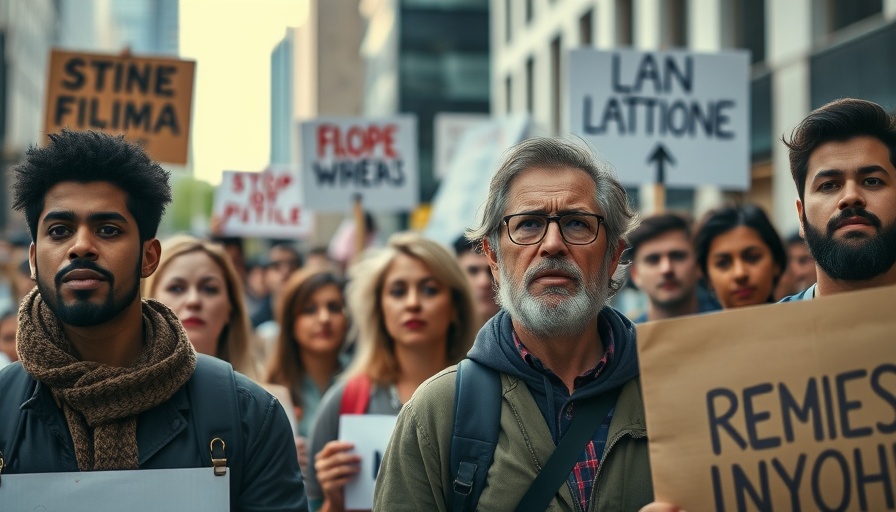
Reflecting on Freddie Gray's Legacy
In the decade since Freddie Gray's death, the conversations surrounding police reform in Baltimore have become more pronounced but progress remains sluggish. Gray's tragic passing on April 19, 2015, following severe injuries sustained while in police custody, sparked widespread protests and calls for systemic change. The circumstances of his death put a spotlight on police practices, with an urgent demand for accountability and reform.
Evaluating the Progress of Police Reform in Baltimore
Despite the Baltimore Police Department's efforts to implement reforms under the pressure of a federal consent decree, criticisms linger regarding the pace and effectiveness of these changes. Engaging community perspectives is crucial as many residents express skepticism about whether reforms genuinely address the issues they face. A decade later, many community leaders argue that the reforms have yet to translate into significant cultural shifts within the department—highlighting deficiencies in training and procedural justice initiatives.
The Role of Technology in Modern Policing
One aspect of reform involves the integration of body camera technology aimed at promoting transparency and accountability. The anticipated impact of body cameras can significantly change the dynamics between law enforcement and communities. However, the implementation and monitoring of such technology require a commitment beyond acquisition—involving community feedback to ensure its effectiveness in enhancing trust between police and the public.
The Need for Recruitment Innovations
Addressing the recruitment practices of the Baltimore Police Department is vital for fostering a force that reflects the community it serves. Innovative recruitment strategies could attract diverse candidates who prioritize community engagement, helping to rebuild trust among residents. As policing evolves towards a community-centric approach, the shift in recruitment philosophies can facilitate a more collaborative environment focused on public safety.
Future of Police Reforms: Community Involvement
As Baltimore looks ahead, continuous community involvement in the reform process is necessary. Establishing forums for open dialogue can yield actionable insights that drive improvements in crisis intervention strategies and officer wellness programs. Ultimately, the community's role is fundamental in ensuring reforms are not merely bureaucratic exercises, but genuine attempts at enhancing public safety and quality of life.
The need for reform is clear, and as Baltimore aims to heal and progress, it requires a collective effort from police, policymakers, and community members. Engaging in an open candid discourse will foster the much-needed trust that has been severely tested since Gray's death.
 Add Row
Add Row  Add
Add 

 Add Element
Add Element  Add Row
Add Row 




Write A Comment